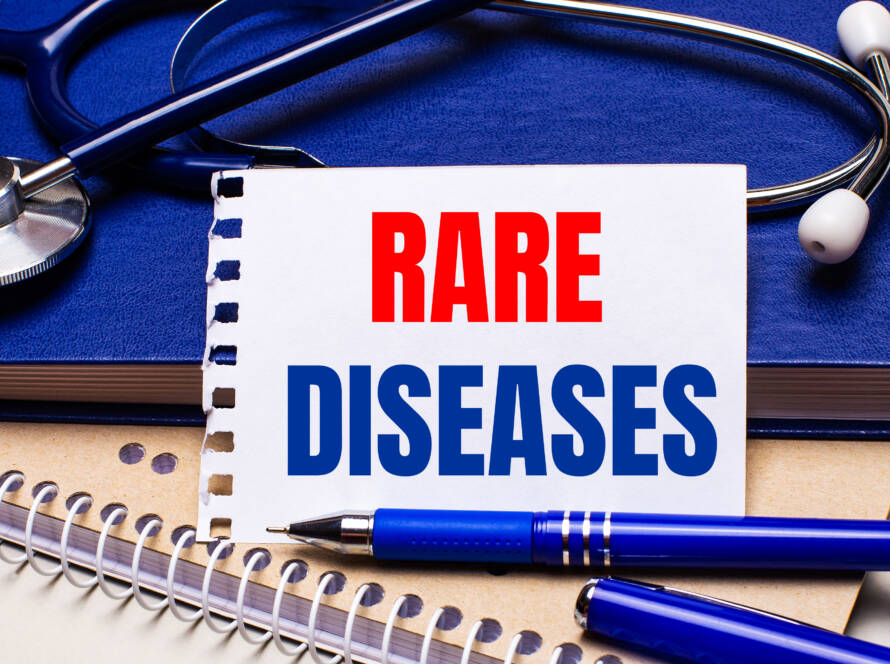Pharmacogenomics has triggered research and development in this area of personalized patient care and has resulted in several key industry players investing in it to be a big player for tomorrow. The most important sectors that are influenced by pharmacogenomic studies are the pharmaceutical industry and the healthcare sector. The regulatory bodies are slowly trying to adapt themselves in terms of rolling out guidance documents and regulations.
- Pharmaceutical industry: Pharmacogenomics has transformed drug development and testing processes. By enabling the identification of genetic variations that influence individual responses to medications, pharmaceutical companies are planning to develop targeted therapies that are more effective and safer for specific patient populations. This has led to the development of personalized drugs that can target specific genetic markers, improving treatment outcomes and reducing adverse reactions.
- Healthcare industry: The integration of pharmacogenomics in healthcare has revolutionized the way clinicians prescribe medications. By utilizing genetic information, healthcare providers can tailor drug treatments to individual patients, improving drug efficacy and reducing the risk of adverse drug reactions. This approach has the potential to enhance patient outcomes and satisfaction, ultimately leading to improved overall healthcare quality.
- Research and development: Pharmacogenomics has stimulated extensive research into the genetic basis of drug response, fostering collaborations between various scientific disciplines such as genomics, bioinformatics, and pharmacology. This interdisciplinary approach has paved the way for the discovery of new drug targets and the development of innovative therapeutic strategies, leading to the advancement of precision medicine and the identification of novel biomarkers for various diseases.
- Diagnostic industry: The integration of pharmacogenomics has expanded the market for genetic testing and diagnostic services. Diagnostic companies are developing genetic tests that can identify specific genetic variations associated with drug response, allowing healthcare providers to make informed decisions regarding drug selection and dosing. This has led to the emergence of a new market segment focused on personalized genetic testing, contributing to the growth of the diagnostic industry.
- Regulatory environment: The impact of pharmacogenomics has prompted regulatory agencies to update guidelines and regulations for drug development and approval. Regulatory bodies are increasingly incorporating pharmacogenomic data into drug labelling and prescribing information, emphasizing the importance of genetic testing in optimizing drug therapy and ensuring patient safety. This shift has influenced the regulatory landscape, encouraging the adoption of personalized medicine approaches in drug development and clinical practice.
By minimizing the trial and error in medication selection, pharmacogenomics contributes to a more efficient healthcare system, resulting in reduced costs for both patients and healthcare providers. Furthermore, the influence of pharmacogenomics on regulatory policies has emphasized the importance of genetic testing in optimizing drug therapy and ensuring patient safety, thereby fostering the adoption of personalized medicine approaches in drug development and clinical practice. As the field continues to advance, the integration of pharmacogenomics will undoubtedly continue to drive innovation and improvements across multiple industries, ultimately leading to enhanced healthcare outcomes and a more patient-centered approach to medicine.


